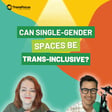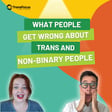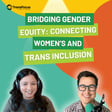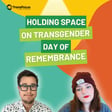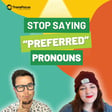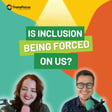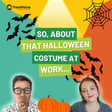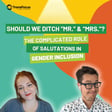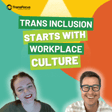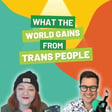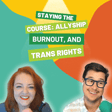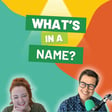
International Non-Binary People’s Day and the Expansive Power of Gender and Connection
To mark International Non-Binary People’s Day, we’re switching seats!
In this episode, Kai takes on the role of interviewer, inviting El - usually the one asking the questions - to share their story as a non-binary, gender-fluid person.
El speaks to what it’s like to navigate the world without a clear blueprint, and how turning inward has helped shape a life that feels grounded, open and full of possibility. We talk about common misconceptions, moments of recognition and the role of real, curious, human connection in expanding how we understand gender.
Whether you’re cis, trans, non-binary or still figuring things out, this episode is a reminder that gender isn’t necessarily a fixed point - it’s an unfolding story.
Download our FREE Non-Binary Resource here: https://www.transfocus.ca/freeresourcedownload
___________
Want to get in touch? Contact us at podcast@transfocus.ca
Join us on social media: LinkedIn | Instagram | TikTok | Threads | Facebook
